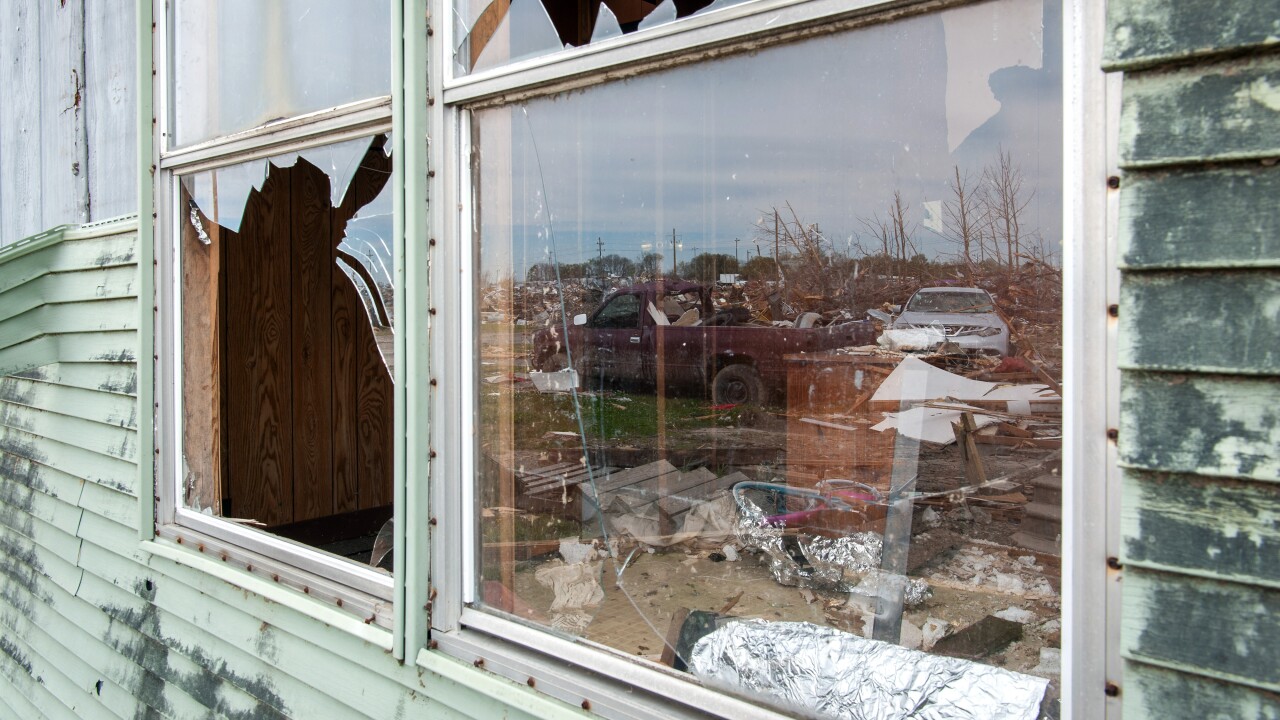Bank of America Corp.'s Countrywide unit and the U.S. sparred in court over whether the bank owes as much as $2 billion—or nothing—for selling thousands of defective mortgage loans to Fannie Mae and Freddie Mac.
The judge who heard the arguments Thursday in Manhattan federal court said he'll take his time analyzing their rationale since the case is the first time the U.S. went to trial against a bank alleging a violation of a civil fraud statute enacted during the savings-and-loan crisis of the 1980s.
"None of my questions should be taken as any indication as to how I come out," U.S. District Judge Jed Rakoff said to lawyers. "I have a lot of homework to do before that."
A federal jury in New York in October found the unit of the Charlotte-based bank liable for defrauding the U.S.-sponsored enterprises in the first mortgage-fraud case brought by the government to go to trial.
Countrywide Financial Corp., then based in Calabasas, Calif., was once the biggest U.S. residential home lender, originating or purchasing about $1.4 trillion in mortgages from 2005 to 2007. The bulk of them were sold to investors as mortgage-backed securities. Bank of America acquired Countrywide in 2008.
Kenneth Smurzynski, a lawyer representing Countrywide, told Rakoff it should pay nothing, or no more than $1.1 million, because the U.S. failed to prove that Fannie Mae and Freddie Mac lost money. U.S. lawyers say
The government also said it wants $1.1 million from former Countrywide executive Rebecca Mairone, who was also found liable. The U.S. said it may propose Mairone pay as much as $1.6 million after learning she received a $470,000 bonus from working at JPMorgan Chase & Co., which the government considers additional income.
Pierre Armand, chief of the civil fraud unit of Manhattan U.S. Attorney Preet Bharara’s office, told the judge that Countrywide’s conduct was "egregious" and it put Fannie Mae and Freddie Mac at risk during the period leading up to the 2008 financial crisis. He also argued that other financial institutions were closely watching what kind of penalty Rakoff imposes.
"The penalties need to be severe enough to deter financial institutions from engaging in such conduct," Armand said.
The judge raised a hypothetical argument comparing Countrywide’s sale of risky loans to Fannie Mae and Freddie Mac to a farmer who sells a herd of cows knowing that some may be sick or suffering from disease and doesn’t tell the buyer.
Smurzynski argued that Countrywide, like the farmer, didn’t earn any profit from the fraud after overhead and other expenses were deducted.
"So 'by gosh, we had no gain, we committed the fraud intending to make a gain,'" Rakoff responded, interrupting Smurzynski. "It seems a very strange argument to be made during a penalty argument."
Marc Mukasey, a lawyer for Mairone, argued his client couldn't afford to pay the more than $1.1 million sought by the U.S. and said the vilification she has suffered as a result of the verdict was "punishment enough."
The judge said that while he was sympathetic to Mairone's situation, the idea that a defendant who was found to have committed a substantial fraud shouldn't have to pay any penalty because her reputation was harmed "seems a difficult argument for the court to accept."
Rakoff asked both sides to submit additional legal papers citing relevant state cases to clarify their arguments, saying, "to some extent, the court is writing on what is, if not totally, a blank slate."
During last year’s trial in Manhattan federal court, the U.S. said Countrywide committed a "simple but brazen" fraud by misrepresenting risky loans processed in 2007 and 2008 through its "High Speed Swim Lane," or HSSL, program as being of investment quality.
The case was brought by U.S. Attorney Preet Bharara in Manhattan under the Financial Institution Reform, Recovery and Enforcement Act of 1989, or FIRREA. The statute, enacted during the savings-and-loan crisis of the 1980s, allows the U.S. to sue an individual or group for fraud that affects a federally insured financial institution.
Bharara said in an interview last year that he sought to hold individuals and banks liable for the financial crisis when there wasn’t enough evidence to bring a criminal case. The law carries a 10-year statute of limitations, giving the government double the time to bring a case than allowed under other securities laws.
Since 2010, Bharara's office has used FIRREA and another law at least six times to obtain almost $500 million in mortgage fraud recoveries.
Bharara said in February his office simultaneously sued and settled with JPMorgan for $614 million in a suit involving fraudulent lending practices, the eighth civil fraud case brought by his office.




